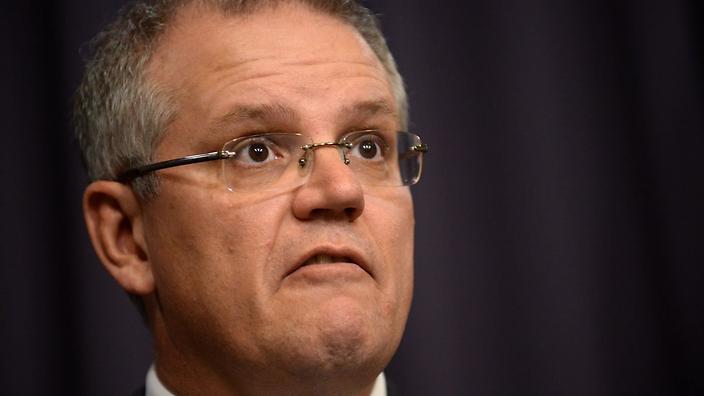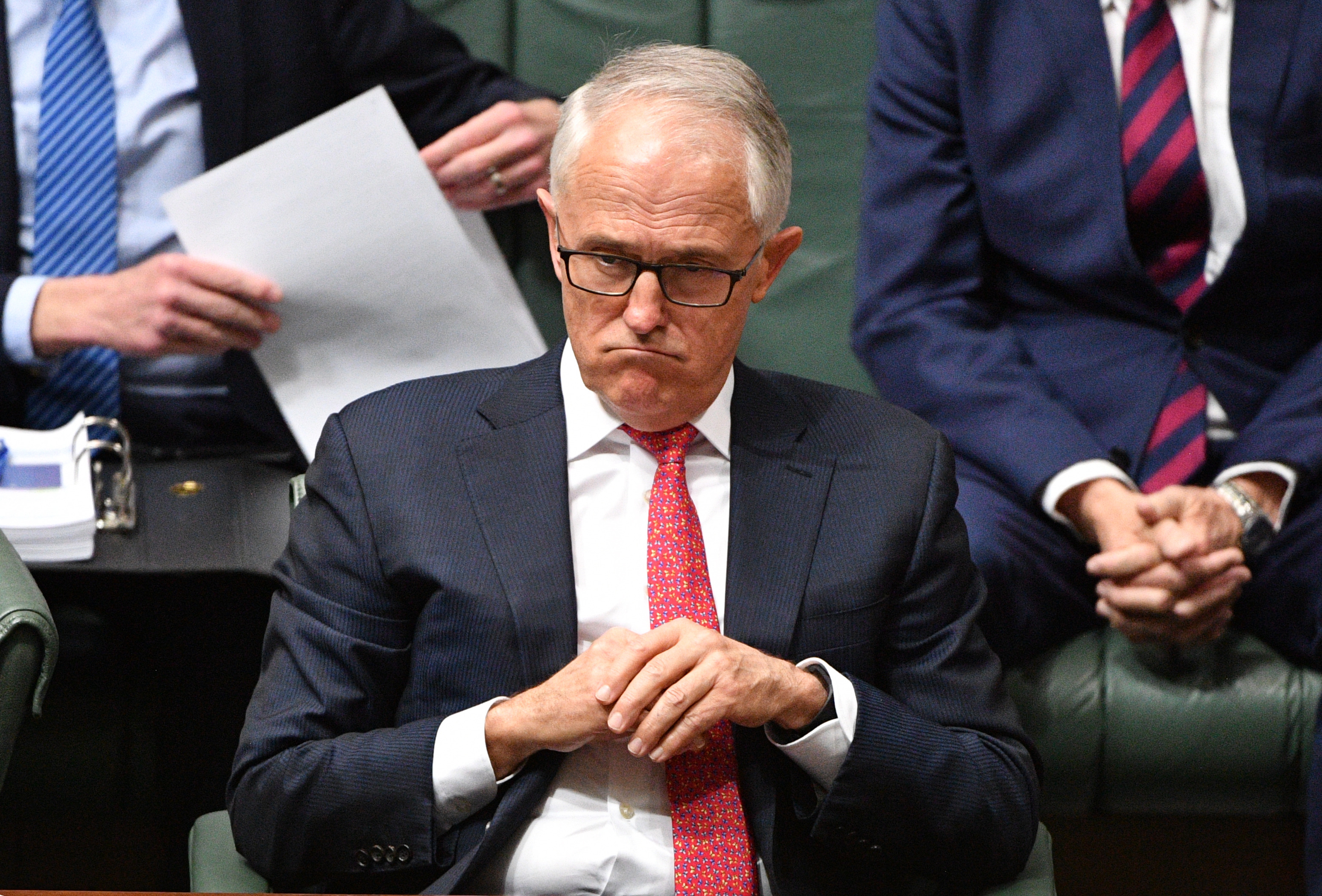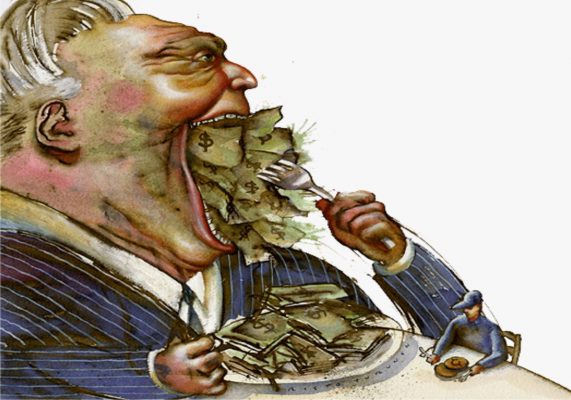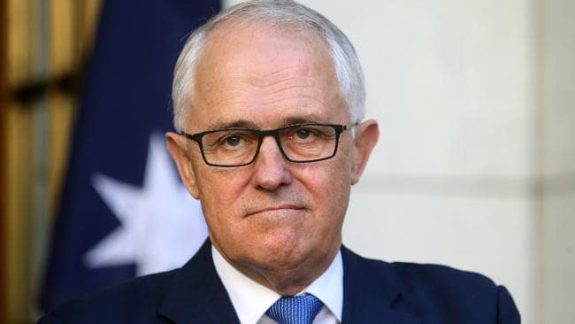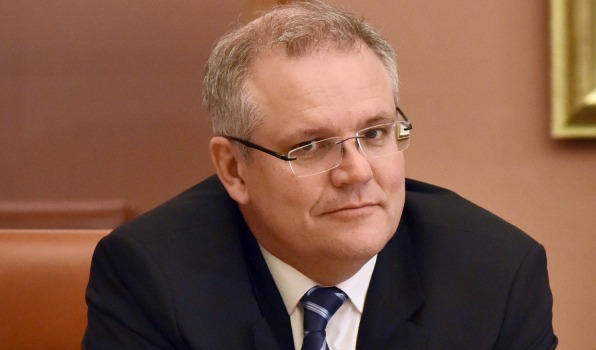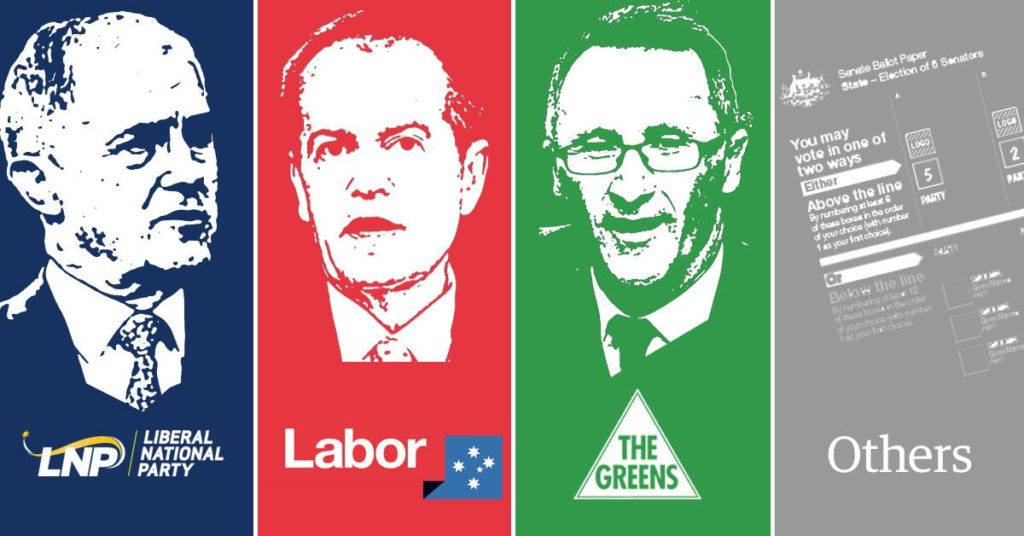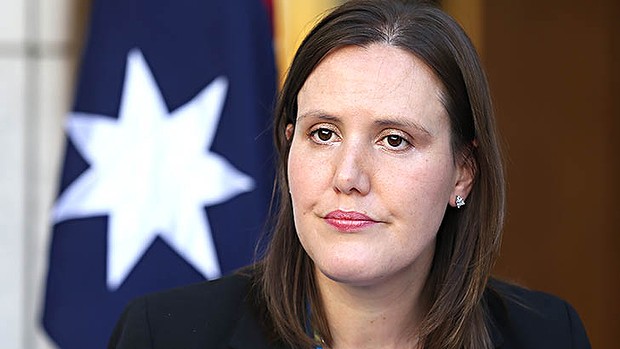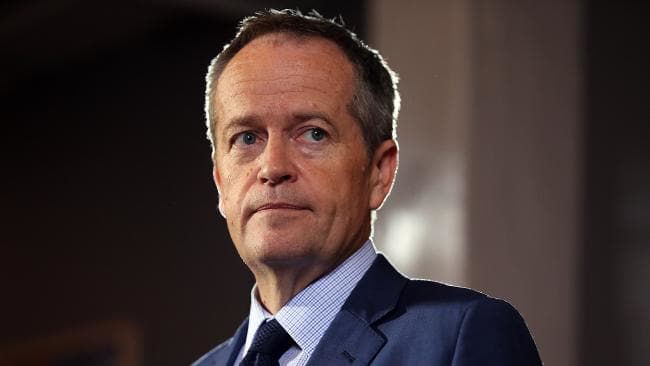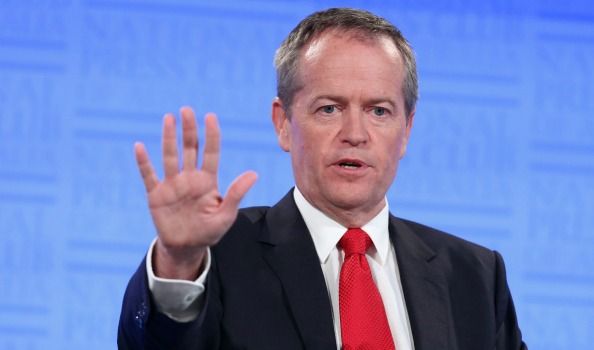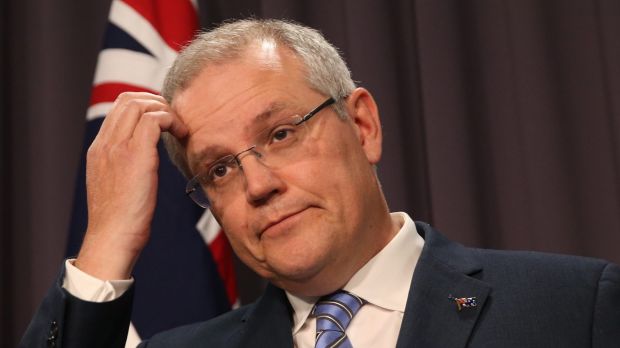So, the boats haven’t been stopped after all
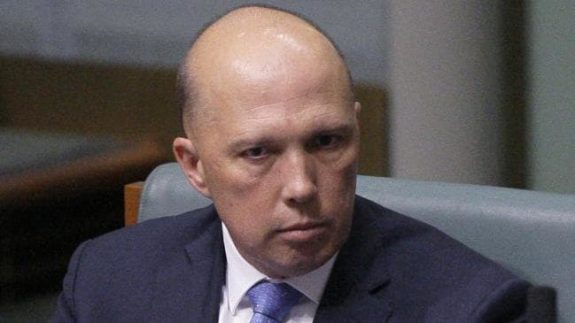
Who would have thought? An illegal vessel has made it to the Australian mainland. After all the boasting, the chest beating and bragging by the architects of the most brutal and repressive asylum seeker policy our country has ever implemented, it turns out that on at least one occasion, they have been gamed.
Their politically motivated action against defenceless asylum seekers attempting to find a better life has fallen on its face. Our once impregnable borders, policed so rigidly by the Australian Border Force, have been breached.
“You have to wonder how a boat like this would get so far without being detected,” Port Douglas Marine Rescue president Ross Wood said. Indeed! But should we be surprised? The distance between the southernmost point of Papua New Guinea and the Australian mainland is just 150 kilometres.
How long did it take Australian Border Force management to realise that people smugglers would eventually find a way to make the relative easy crossing?
While details are still sketchy and probably will stay that way if Home Affairs minister Peter Dutton has anything to do with it, perhaps seventeen or more asylum seekers have made it to Australia. How embarrassing! A dozen or so have since been rounded up, but the remainder, now at large, may well be in even greater danger hiding in the mangroves and rainforest regions of the Daintree.
“There is no risk if they don’t go in the water. But if they aren’t familiar with the area, if they go in the water behind the beach where the river is or to stand on the edge of the deep water where it’s murky, there is a risk of a crocodile attack,” said tour operator David White, who has been taking people up the Daintree River for 20 years.
While concern for their safety should be paramount, politically, it is a disaster for the government. No longer can we accept the Coalition mantra, “we’ve stopped the boats.” It’s no longer true, if it ever was. And what do we do with them, now
Manus is closed. Nauru perhaps? Christmas Island? What are our international obligations when asylum seekers land on our shores? Stupid question! No one cares. We can send them anywhere we want. Who will stop us?
Doubtless, people in Far North Queensland will be horrified. They will fear for their safety, lock their windows and doors, keep their children home from school, even barricade their driveways. So they should! Monsters are on the loose, heathens who could murder them in their beds at night.
After the appalling events in Canberra last week, one cannot help but feel some sense of amusement at this latest event. The implications for a government that might, just might, have had one claim to fame in its miserable time in charge, has been destroyed. Now, they have precisely nothing to crow about.
With three prime ministers in five chaotic years, no vision for the nation’s future, no idea what they stand for, internal bitterness and disunity that dwarfs anything we have seen in three generations of politics, they have now had their signature tune blown out of the water.
It’s not a government. It’s a circus.
Like what we do at The AIMN?
You’ll like it even more knowing that your donation will help us to keep up the good fight.
Chuck in a few bucks and see just how far it goes!
Your contribution to help with the running costs of this site will be gratefully accepted.
You can donate through PayPal or credit card via the button below, or donate via bank transfer: BSB: 062500; A/c no: 10495969










